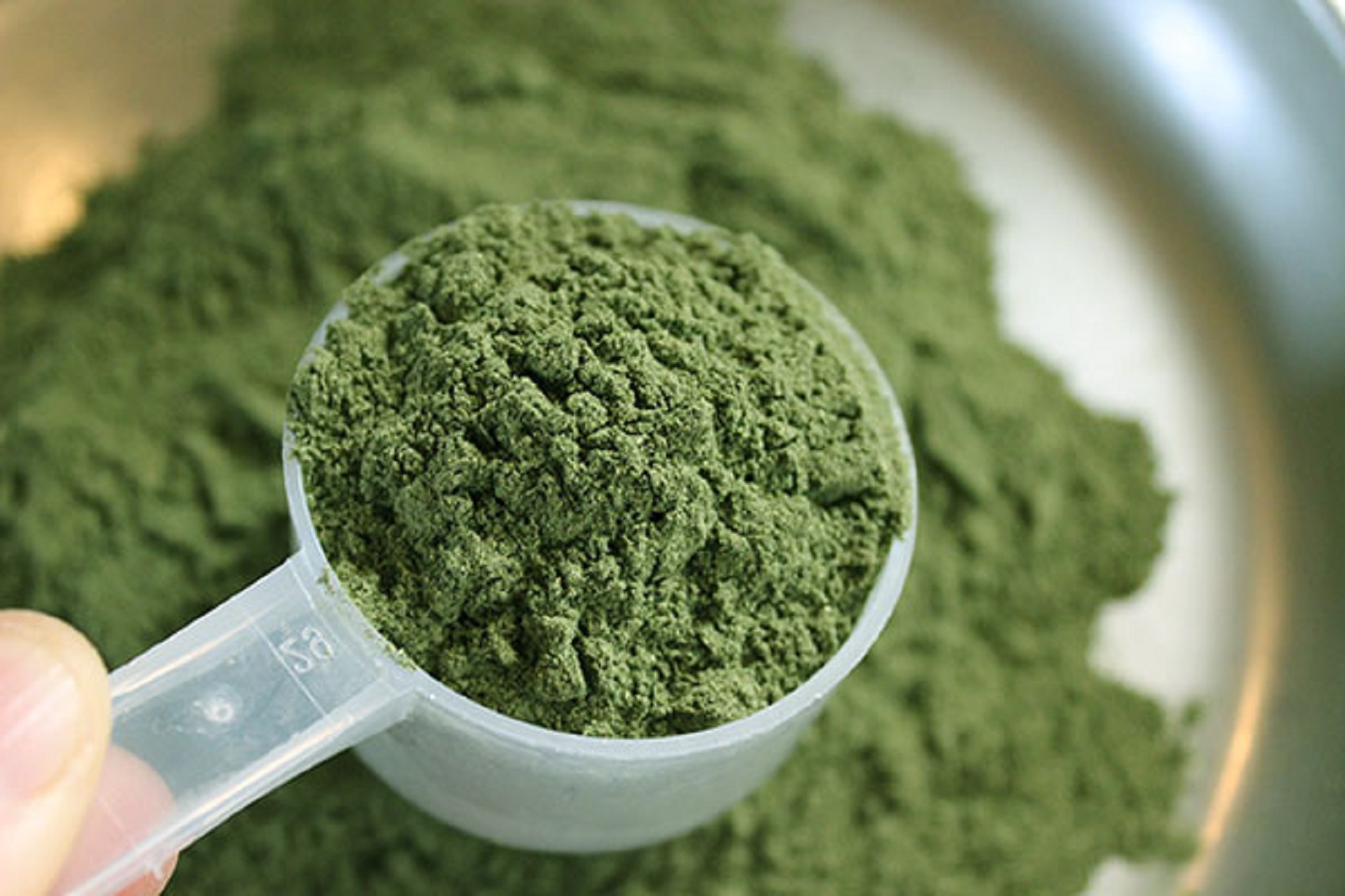A World Health Organization meeting next week could determine the future of kratom, a widely available herbal supplement some tout as an alternative to opioid painkillers, in the U.S. and elsewhere.
A 2017 survey of about 2,800 self-described kratom users in the U.S. showed that they’re typically middle-aged and white, and use the substance to treat the symptoms of anxiety, depression, pain and opioid withdrawal.
Kratom, a plant indigenous to Southeast Asia, produces narcotic-like effects when smoked or taken in liquid or capsule form. Its advocates say the substance is a promising replacement for opioids that could help wean people addicted to those drugs, which killed nearly 70,000 people in the U.S. in 2020.
Those claims have yet to be fully vetted by scientists. The U.S. government has twice tried to restrict kratom’s use by classifying it as a controlled substance, arguing it has high potential for abuse and no known medical benefit.
The full Politico article has more.



















